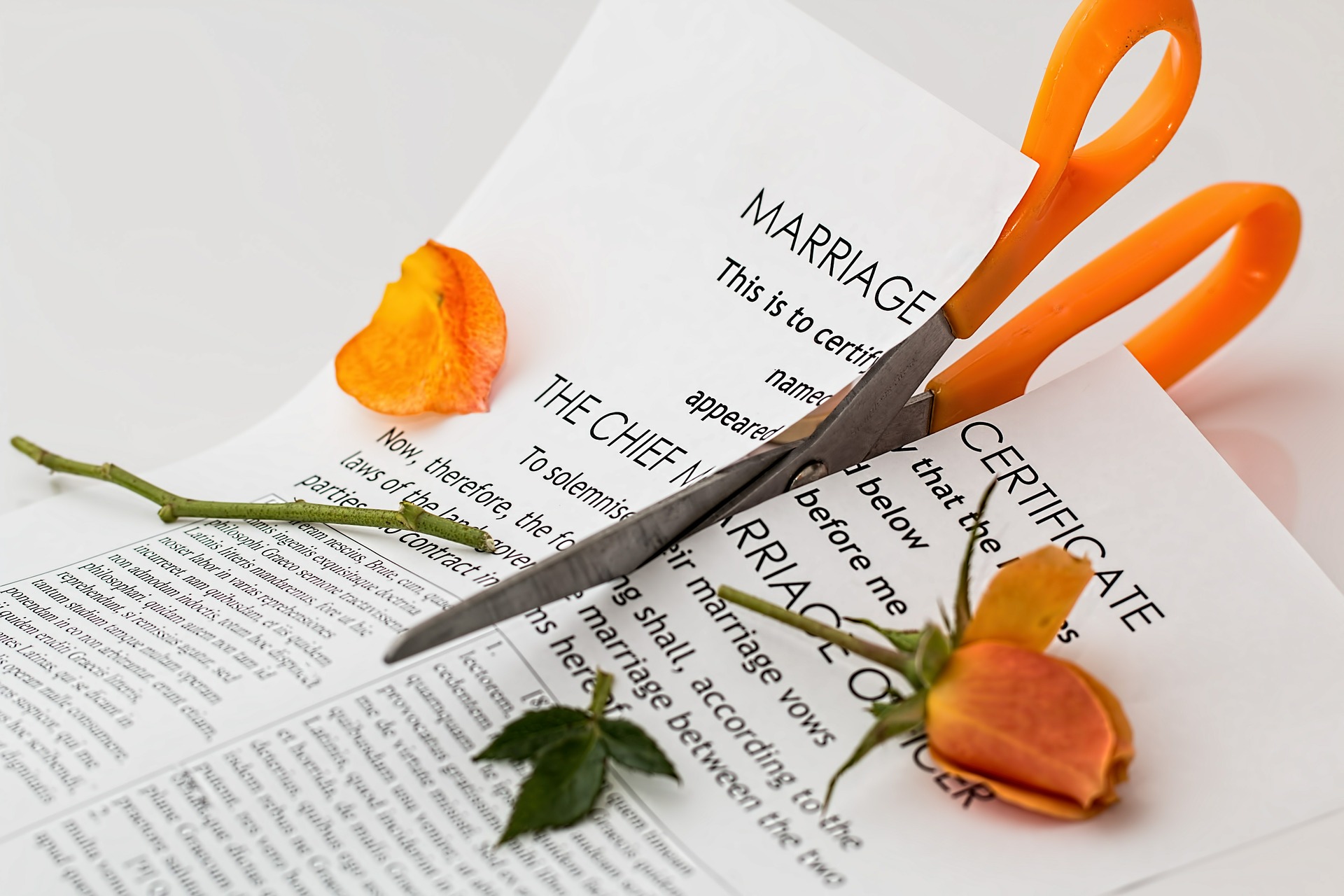
Divorces are typically not a simple feat. They can often become very difficult and exhausting for people in many ways. In the state of New Jersey, spouses must meet certain requirements before they can begin the divorce proceedings. One of the first steps they are obligated to make is to cite grounds for their divorce. While many believe divorces only occur if one spouse is “at fault” for the end of the marriage, this is not always the case. In the state of New Jersey, spouses have the opportunity to cite either fault or no-fault grounds for their divorce.
Fault Grounds
Spouses can cite fault grounds in order to begin the divorce proceedings. When a spouse cites fault grounds in a divorce case, it means the other spouse is the reason for the end of their marriage. In New Jersey, there are several grounds that a spouse may cite fault for in a divorce. This can include but is not limited to:
- Adultery
- Desertion
- Non-support
- Impotence
- Imprisonment of 5 or more years
- Gross habits of intoxication
- Cruel and abusive treatment
Spouses are often unsure about citing fault grounds in a divorce. This is due to the possibility of litigation as well as creating more complications between them and their spouse. When one spouse cites fault grounds, the other spouse has the chance to answer the accusation. This could possibly lead to further legal issues. Many believe that when a spouse cites fault grounds, it will affect the outcome of their divorce. However, fault grounds usually do not have an impact on the outcome of a couple’s divorce
No-Fault Grounds
When no-fault grounds is cited in a divorce, it means neither spouse wishes to hold the other responsible for the end of their marriage. In the event of this, the divorce proceedings may begin and spouses can begin to settle marital issues. This requires spouses to agree on all marital assets before they may file for divorce. These issues may include child custody, child support, parenting time, alimony, and the division of assets. In this case, the couple has the opportunity to decide the method they wish to use to divorce. Different methods consist of mediation, arbitration, collaborative divorce, or private discussions.
Contact our Firm
If you or someone you know is going through a divorce and wishes to speak with an experienced attorney, contact the Law Offices of Paone Zaleski & Murphy today.
If you require strong legal representation for matters of divorce and family law in New Jersey, contact The Law Offices of Paone, Zaleski & Murphy to schedule a consultation with one of our experienced attorneys today

